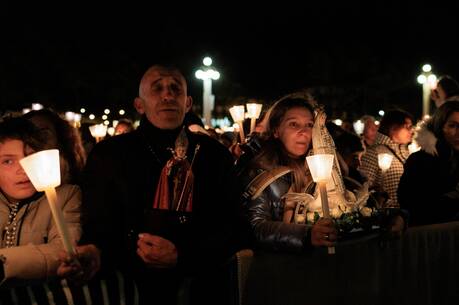A follow-up to yesterday’s post on the retirement of Michigan Congressman John Dingell: The Atlantic’s David A. Graham astutely writes that Dingell “represents a kind of politics that doesn’t really exist anymore, anywhere. It’s a mix of New Deal-style social politics, support for muscular government regulation, affection for labor, respect for business, and attachment to conservative social values.”
This mix once characterized a big voting bloc, and one shorthand phrase for it was “the Catholic vote.” During the 1960s and 1970s, there were a lot of economically liberal but socially conservative Democrats in Congress, mostly from urban areas like Chicago and Philadelphia. Besides pro-life views, one litmus test was opposition to school busing as a way of achieving racial integration; a score sheet (PDF) from the Leadership Conference on Civil Rights shows dozens of Northern Democrats voting to stop busing, including Dingell, future vice presidential nominee Geraldine Ferraro, and future vice president Joe Biden.
During the first half of Dingell’s tenure, several big-city mayors fit his “New Deal/conservative values” profile, including Chicago’s Bill Daley, Los Angeles’s Sam Yorty, and Philadelphia’s Frank Rizzo. One presidential candidate, Sen. “Scoop” Jackson of Washington, tried to get the Democratic nomination on the basis of Catholic votes (or the “white ethnic” bloc, which could include conservative Jewish voters). But these voters had its most impact in presidential elections by swinging toward Republicans Richard Nixon and Ronald Reagan even as they kept sending Democrats to Congress.
As Graham notes, this bloc has pretty much dissolved. Some former urban conservatives moved to the suburbs and are happily voting Republican. The “white ethnics” left in major cities are largely content with all aspects of the Democratic Party platform; very few are National Rifle Association supporters, as Dingell was.
If there’s a revival of the Dingell voting bloc, it will probably come in the Republican Party, where figures from Jack Kemp to Paul Ryan have tried to marry social conservatism to a concern for poverty and urban development. So far, the GOP, now dominated by Southern, rural, and evangelical groups, has not shown much interest.







